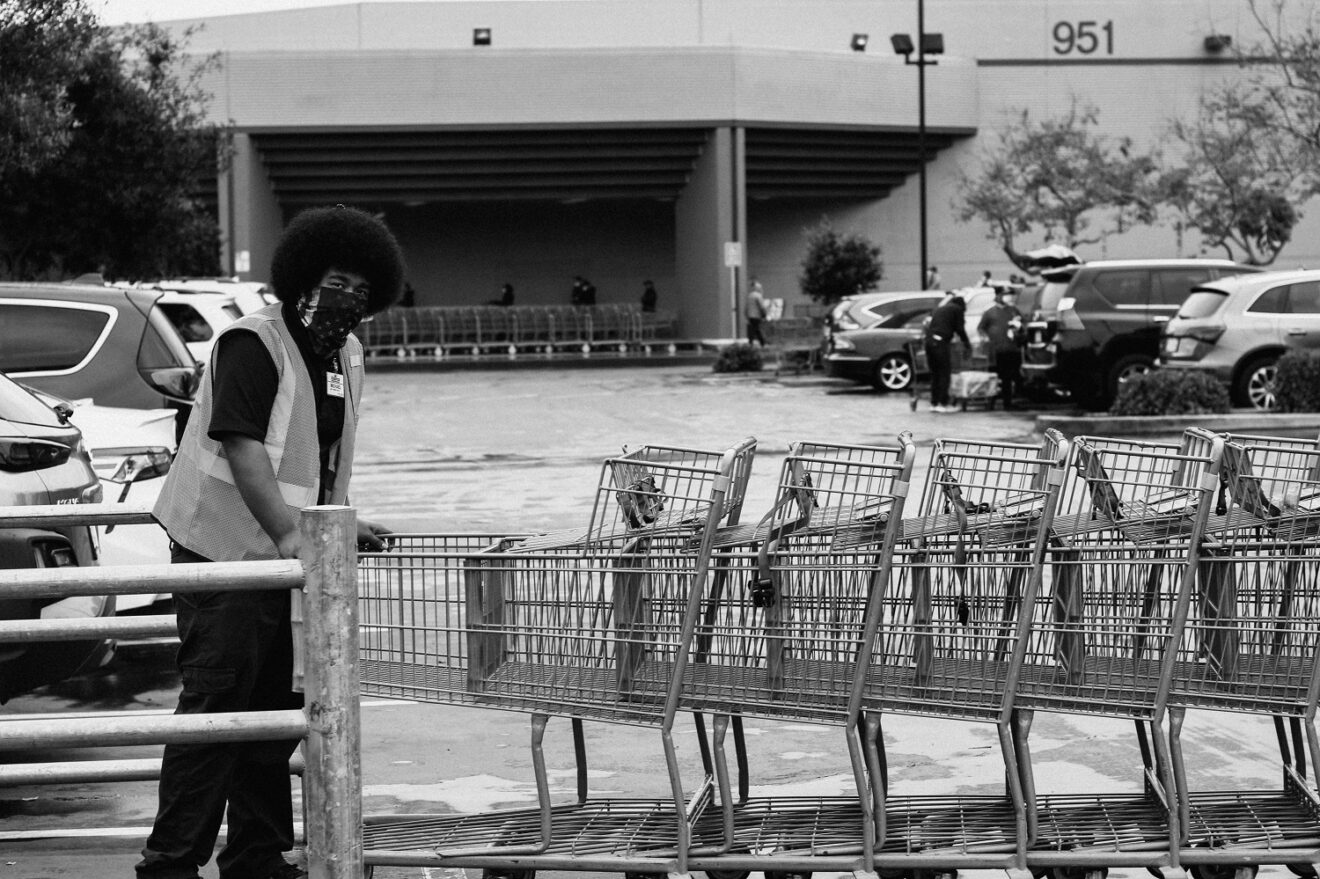US grocery shoppers are highly concerned about the coronavirus pandemic. The Hartman Group/FMI US Grocery Shopper Trends COVID-19 Tracker report from the first wave of research (March 21-26, 2020) finds that American consumers express a high degree of concern about the ongoing novel coronavirus pandemic, with 92% concerned and 69% “extremely” or “very” concerned. The vast majority of consumers (88%) also feel their lives have been disrupted by the coronavirus pandemic, with 63% saying their lives have been extremely or very disrupted.
This overall sense of worry is heightened when it comes to grocery shopping — an activity that all households must do and that brings to consumers’ homes and bodies foods from an environment they don’t control.
From our home base here in the Seattle area, what many know as the first epicenter of the virus outbreak in the US, we know see firsthand the importance of companies and consumers to stay engaged within our communities to support the greater good — a silver lining in a time of uncertainty.
Our Sustainability 2019: Beyond Business as Usual report finds that consumers look to government and big companies in times like the one we’re currently in to help solve big problems (the well-being of the greater good). They are seeking transparency during this tense time and looking for efforts to better the human condition/spirit.
Examples of this is Chef José Andrés converting his restaurants into community kitchens or Walmart’s implementing senior hours to help vulnerable populations.
Not all companies can contribute to the greater good, but they need to be honest about their contributions to a society in crisis. Individuals are feeling responsible to help small business. There’s a surge to support small business (consumers are purchasing gift cards to support local businesses).
Outside of healthcare, grocery stores are “essential” retail businesses. While consumers worry about inventory levels and getting sick (though concern about getting sick from other shoppers is higher than getting sick from surfaces in the store itself), they praise their primary stores’ response to COVID-19, asking for continued sanitation efforts.
In fact, according to the US Grocery Shopper Trends COVID-19 Tracker report two-thirds of consumers give their primary stores high marks for their response to the outbreak, and nearly a third give the highest mark. Their highest-priority request of stores is continued sanitation efforts, followed by finding ways to reduce shopper exposure to the store and others and keeping up strong inventory in both fresh and shelf-stables categories.
To assess the impact of COVID-19 on US grocery shopper perceptions and behaviors, The Hartman Group and FMI is conducting online tracking surveys. The US Grocery Shopper Trends COVID-19 Tracker report represents findings from the initial wave of research (March 21-26, 2020). Future weeks’ research will provide deeper insight and track evolving areas of concern, evaluation of and priorities expected from grocery retailers, and changing patterns in the where/what/who/how of grocery shopping, all rooted in the broader public situation as it unfolds.
As CEO of The Hartman Group, Demeritt drives the vision, strategy, operations and results-oriented culture for the company’s associates as The Hartman Group furthers its offerings of tactical thinking, consumer and market intelligence, cultural competency and innovative intellectual capital to a global marketplace.
_____________________________________
If you enjoyed this article, sign up for FMI dailyLead or Restaurant SmartBrief to get news like this in your inbox, or check out all of SmartBrief’s food and travel newsletters as we offer more than 30 newsletters covering the food and travel industries from restaurants, food retail and food manufacturing to business travel, the airline and hotel industries and gaming.
